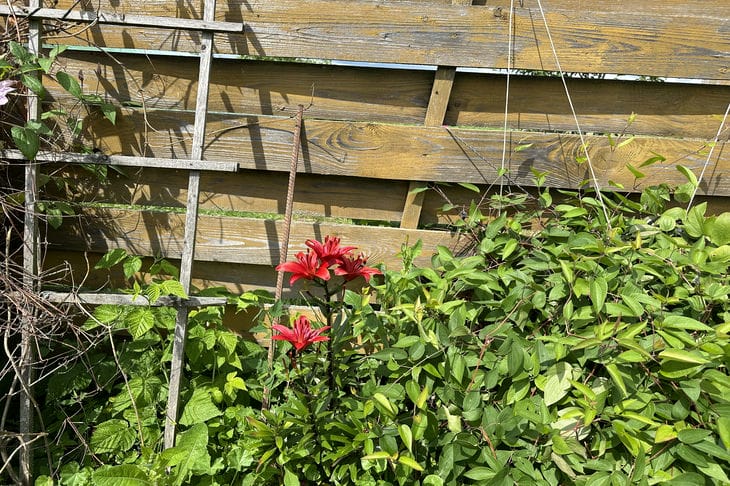Turning soil may be the most unnecessary backache in gardening history, according to emerging research on no-till methods.
The Royal Horticultural Society reports no-dig gardens produce 20% higher yields with 50% less labor than traditional plots.
Undisturbed soil maintains a complex ecosystem of beneficial organisms, notes Applied Soil Ecology research. Each shovel stroke destroys fungal networks that plants rely on for nutrient exchange and disease resistance.

Weed pressure decreases dramatically in no-dig systems, according to Weed Science studies. Buried weed seeds remain dormant when not brought to the surface by digging, reducing germination by up to 70%.
Water retention improves significantly in untouched soil, as documented by Agricultural Water Management research. The natural capillary action of undisturbed earth draws moisture upward more efficiently than tilled ground.
Carbon sequestration increases when soil remains intact, shows Nature Geoscience data. No-dig methods store 30% more atmospheric carbon in soil organic matter compared to conventional cultivation.
Soil structure develops naturally over time without disruption. Soil Science Society of America Journal research demonstrates earthworm populations triple in no-dig systems, creating perfect growing conditions.
Nutrient distribution becomes more balanced without annual mixing. A Plant and Soil study found no-dig gardens maintain steadier nitrogen levels throughout the growing season.
Disease pressure decreases when microbial communities remain undisturbed. Phytopathology research shows intact soil contains more beneficial organisms that suppress common plant pathogens.
The method works equally well for flowers and vegetables, according to HortScience trials. Both ornamental and edible plants show improved growth in established no-dig beds.
Transitioning requires patience but yields long-term rewards. Journal of Sustainable Agriculture studies confirm no-dig systems reach peak productivity in 3-5 years but require minimal maintenance thereafter.
This counterintuitive approach proves that sometimes the best gardening involves doing less. By working with natural processes rather than against them, no-dig methods create healthier plants with less effort.
